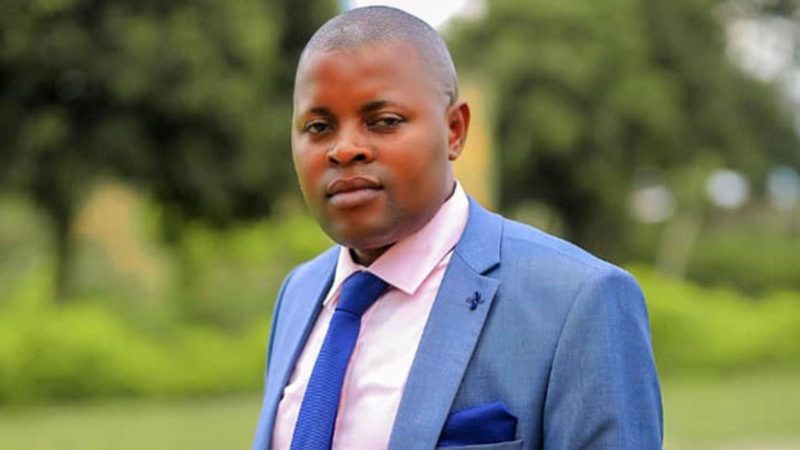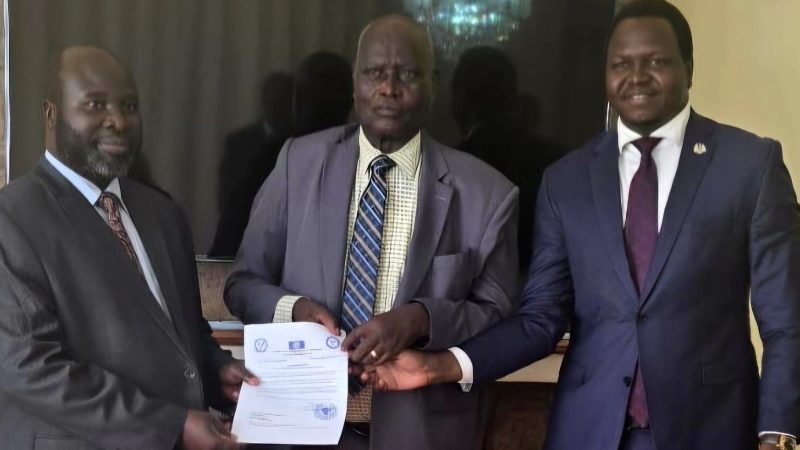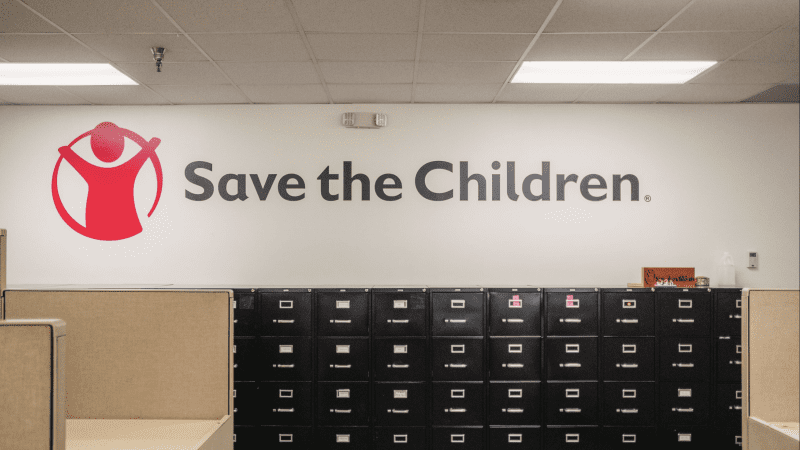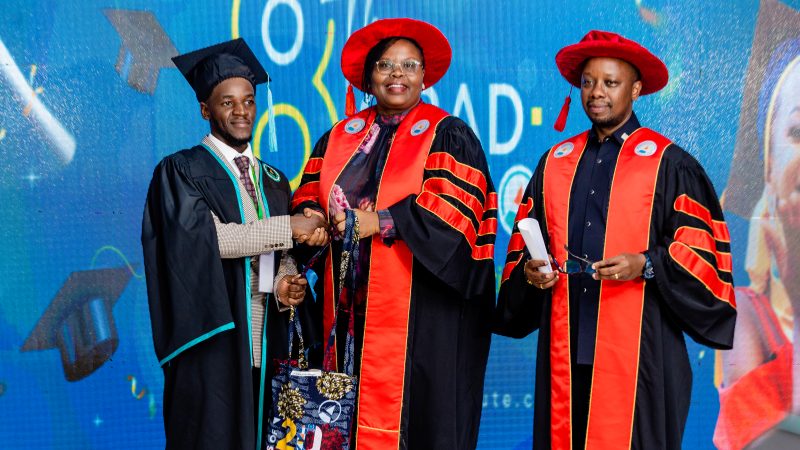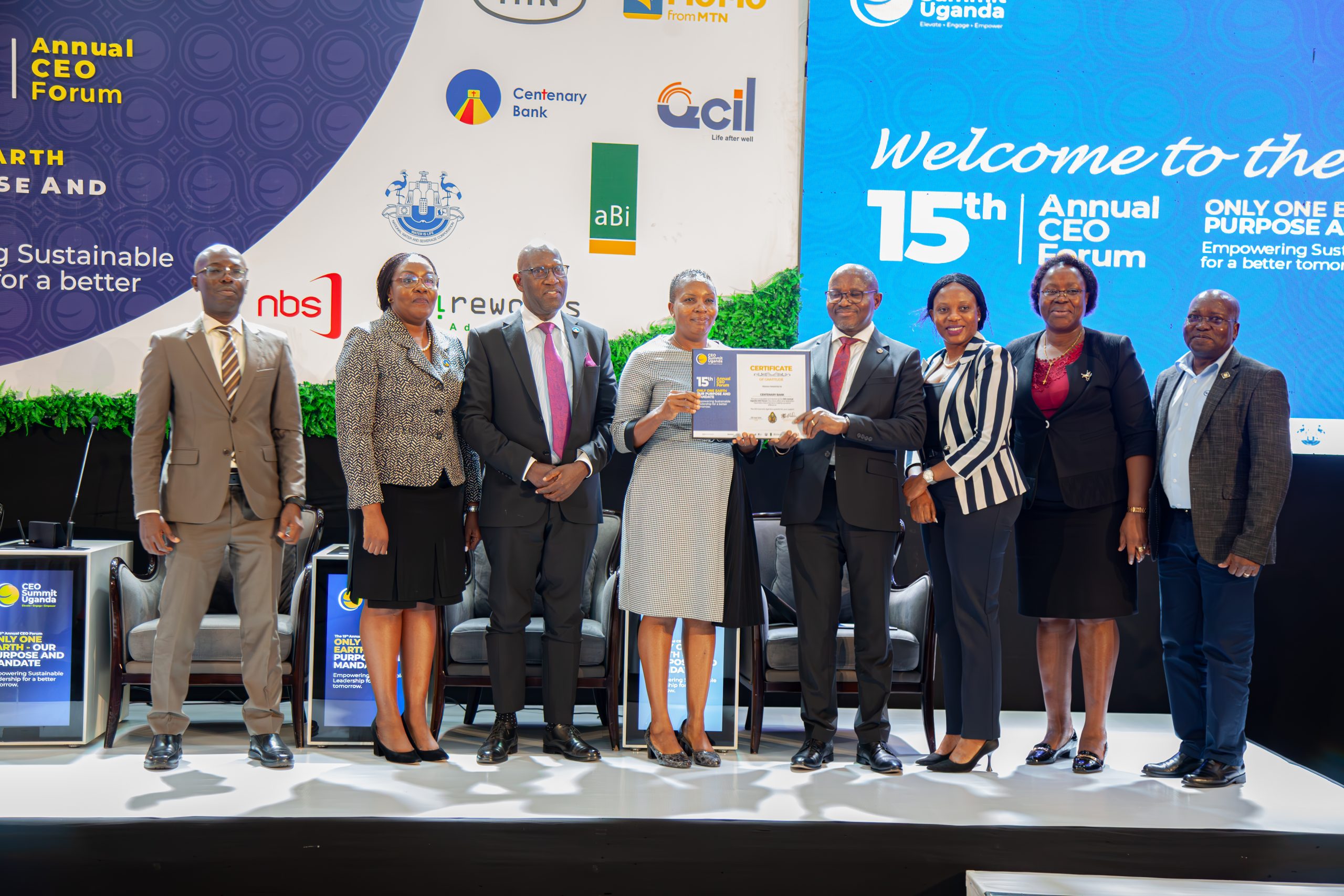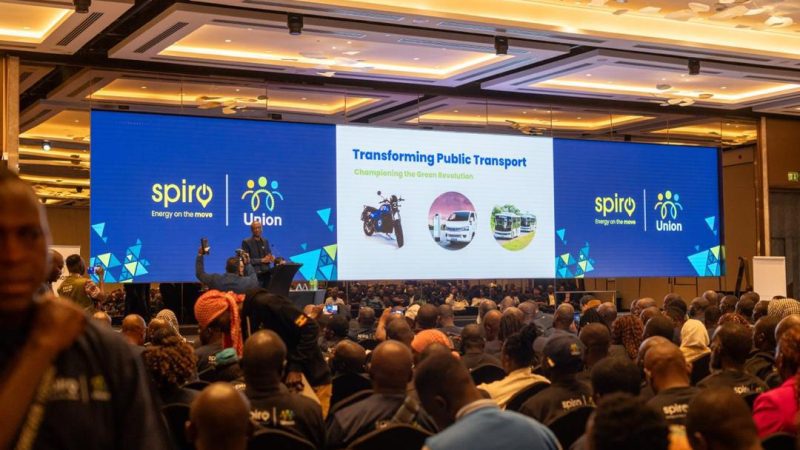Fabian Kasi, the Managing Director of Centenary Bank, has called on Chief Executive Officers in Uganda, to take fearless decisions in combating climate change.
Kasi made the rallying call while addressing CEOs and top managers from various corporate entities and government agencies at the 15th Annual CEO Forum held at Mestil Hotel and Residences in Kampala, recently.
In his address to the business leaders, Kasi called upon his fellow CEOs to take decisive action in their quest to champion sustainability and secure legacies that would outlive their tenure at their different organizations.
“There is a need for bold leadership to champion sustainability. We know that the businesses we lead are not for our times alone but for many generations to come and I think this is a very key message that we need to appreciate and take away,” Kasi emphasized.
“A leader’s lasting value is measured by succession. Therefore, interest is not in what we have done but how it will be done even when we are long gone. if a leader makes accomplishments by themselves it is for us alone as individuals but if we create followers who can do great things with you as a leader, you may call that success. You can have achievement and also have success but if u develop leaders who do great things together then that is true significance, “he added.
The 15th CEO forum was held under the theme “Only One Earth Our Purpose and Mandate” and was attended by over 100 company heads who came together to discuss among other issues sustainable ways of combating climate change.
Kasi further called on industry captains to foster collaboration and unity among the business community and their various stakeholders in finding solutions to address sustainability.
“We are working within an ecosystem where collaboration is essential for our survival; without it, we risk perishing together. We must embrace the importance of partnering with stakeholders to create value through sustainable practices.” As we know, he added, “The ecosystem in which we operate involves many key players—government, businesses, and the communities we serve. Engaging with all these stakeholders is critical to driving meaningful and lasting impact.”
In addition, he advocated for private sector investment in Sustainable Development Goals (SDGs) by highlighting various ways businesses can transform SDG-related risks into opportunities. Kasi emphasized the important role of investment in fostering sustainable innovations.
“The opportunities that could arise from the risks of investing in SDGs are numerous, including access to funding, partnerships, collaborations, and the ability to measure impact. We now recognise the importance of measuring the impact of our actions as we serve our customers. It’s essential to understand the kind of impact we are creating, especially in addressing issues like inequality and working towards ending poverty.”
As an example, Centenary Bank, the leading commercial microfinance bank in Uganda, is committed to fulfilling its Environmental, Social, and Governance (ESG) responsibilities through green products and sustainability initiatives, according to Kasi. These include renewable energy loans for solar, power connections, clean cooking solutions, and agricultural production loans. The bank also prioritizes decarbonization through tree planting and partnerships aimed at reducing its carbon footprint.
Each year, Centenary Bank allocates 2% of its previous year’s profits to Corporate Social Investment (CSI), supporting health initiatives like cancer prevention, sanitation projects, and the annual Cancer Run with Rotary.
These efforts when aligned with local and global goals, reflect the bank’s focus on usability, accessibility, affordability, and sustainability as key pillars in promoting financial inclusion, a factor that has been key to the bank’s 40-year journey.


